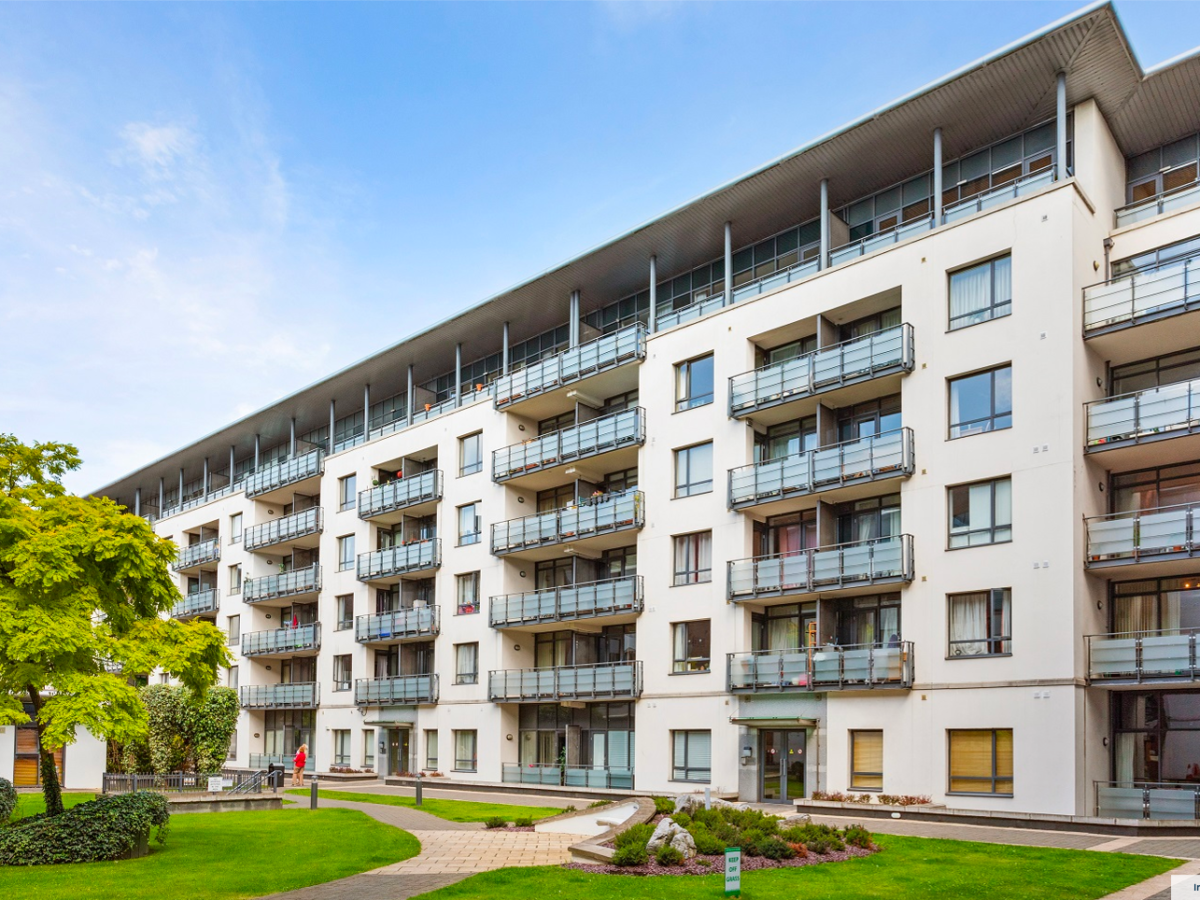
Dublin – one of the best kept property secrets in Europe
Rents keep rising as scarcity of properties to rent persists
A massive surge in home-building is needed to stem the relentless rise in rents, latest rental market analysis shows.
The report says 500 new rental properties need to be built every single week for the next three years in Dublin alone — a total of 80,000 over the period.
Report author Ronan Lyons says the solution is to encourage private developers to build and institutional investors to become landlords.That conflicts with the view of many housing rights advocates that the bulk of new homes should be provided by the State through social housing programmes and by non-profit bodies.
Whatever the solution, the problem is clear — there are too few rental properties available to meet the demand and rents are rising far in excess of general inflation, further limiting the choices of hard-pressed renters.
According to the report, from property website Daft.ie, the average monthly rent being paid nationally is now €1,366 but there is huge variation within that figure as it covers both rural and urban addresses and properties of all sizes.
A family needing to rent a three-bedroom house faces an array of different rents depending on where they need to live.
Dublin will present them with the greatest challenge as homes in that category range in cost from €1,671-€2,210 per month in the county areas and €1,780-€2,623 within the city boundary.

Ireland offers best yield in Europe for buy-to-let landlords
For the third year in a row Ireland has been named the most attractive destination for Europe’s buy-to-let investors. Reasonable property prices, a stable economy and consistent rental demand all add up to make Ireland a very tempting proposition for buy-to-let investors. According to the third annual European Buy-To-Let League Table from WorldFirst, an international payments expert, Ireland is the best destination in Europe for landlords.
Ireland offers an average yield of 7.69%, making it very appealing for investors hoping to maximise rental returns. Hot on its heels is Cyprus, up from 9th place last year to the second slot this time around, while right at the bottom of the table is France, which knocked Sweden off the least-coveted spot.
Ireland’s success is also no doubt helped by the fact that property prices are currently soaring across much of Western Europe. Jeremy Thomson-Cook, chief economist at WorldFirst, says: “Part of the reason for Ireland’s buy-to-let success is while average house prices across the country are on the rise, they still sit some way below the country’s 2008 peak. What’s more, only Malta, Luxembourg and Sweden have experienced higher population growth than Ireland meaning that rental demand continues to go from strength to strength. Add these two factors together and you have a compelling overall proposition for buy-to-let investors”.




